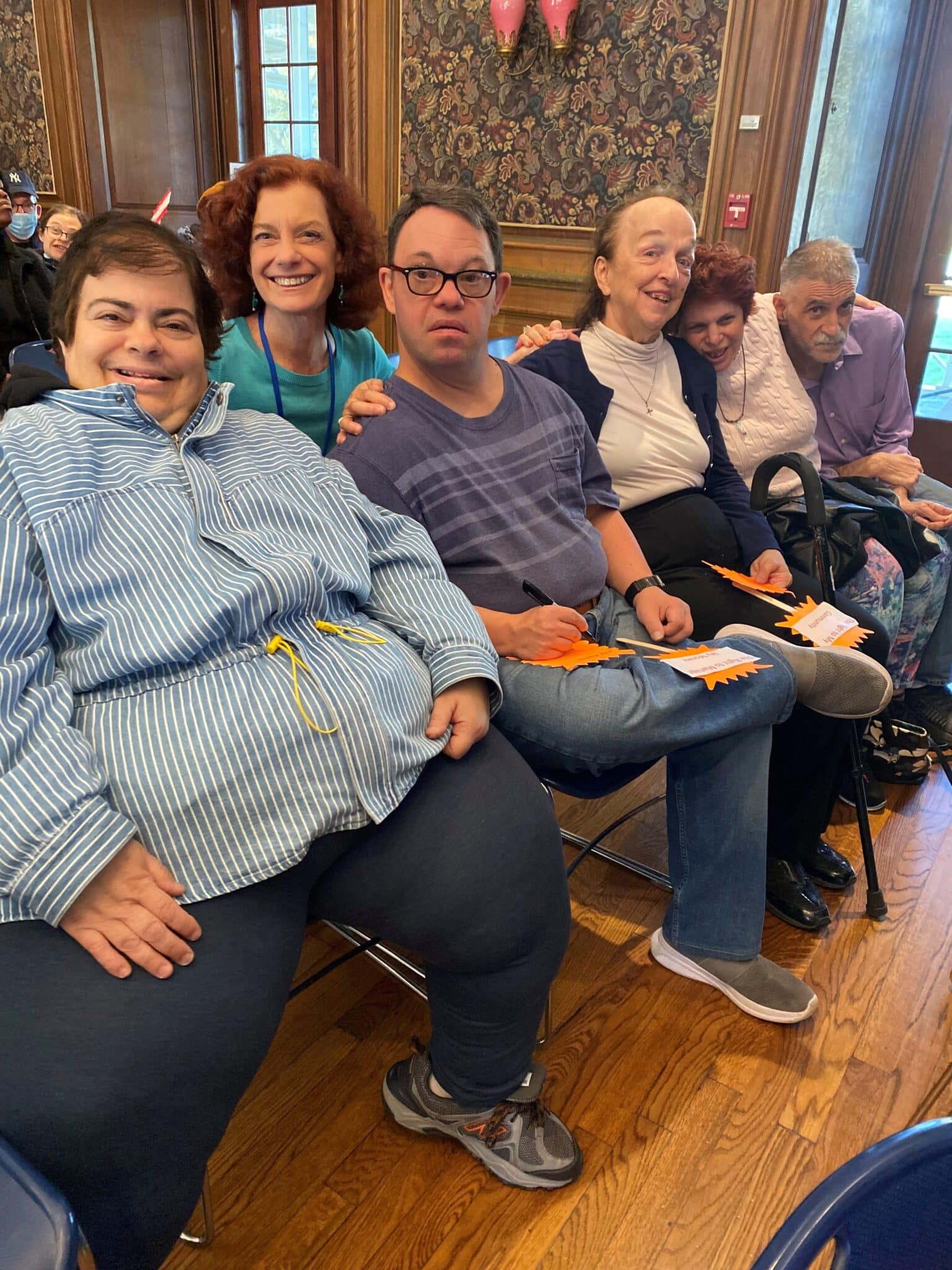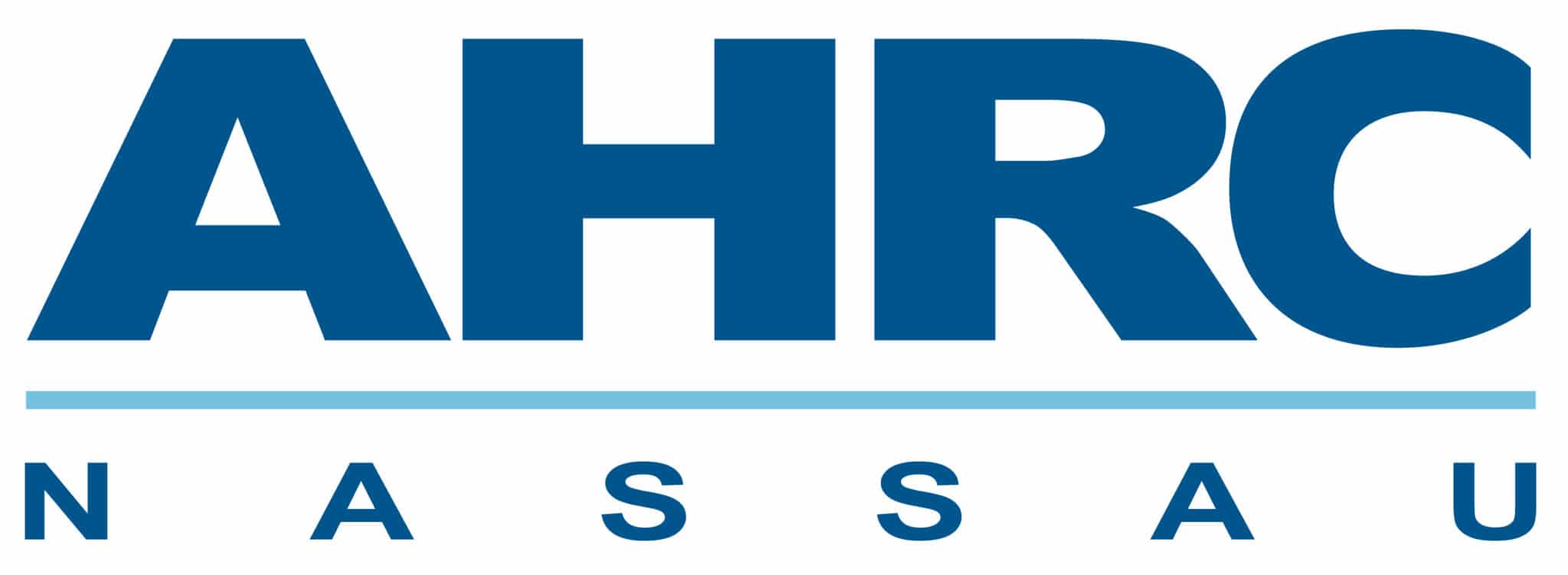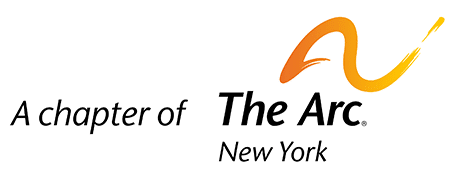
Protect Medicaid for I/DD Services
The “One Big Beautiful Bill” has been signed into law—bringing with it significant cuts to federal Medicaid funding. This is a deeply disappointing moment. Medicaid is a lifeline for people with intellectual and developmental disabilities, making possible the services and supports that foster independence, inclusion, and quality of life. Thank you for raising your voice these past few weeks. Your advocacy matters. Now is the time to rest, regroup, and return ready to continue the fight for disability rights—together.
- New: Support SSI Savings Penalty Elimination Act
The SSI Savings Elimination Act was recently reintroduced. For over 30 years, the Supplemental Security Income (SSI) asset limit has been set at $2,000, while the cost of living has risen dramatically. This outdated rule leads to millions of people with disabilities living at the poverty line due to an inability to save for emergencies or a more financially secure future.
TAKE ACTION
- Urgent: Reorganization of Administration for Community Living
Health and Human Services Secretary Robert F. Kennedy announced a major reorganization that will dismantle the Administration for Community Living (ACL), a vital agency that has coordinated and protect programs for people with disabilities and older adults for over a decade. Instead of strengthening support, this plan scatters ACL’s programs across multiple agencies, potentially creating confusion, reducing visibility, and undermining funding. From NADSP.
TAKE ACTION
- Advance Federal Recognition of the DSP Role
The U.S. Senate passed the “Recognizing the Role of Direct Support Professionals (DSPs) Act” (S.1332/ H.R. 2941), which requires the Office of Management and Budget to consider updating the Standard Occupational Classification (SOC) and recognizing the DSP role as a distinct profession. This leads to data collection and ideally more robust funding. The bill now goes to the House Representatives.
Send an email to your member of Congress.
At the State Level
On May 9, the FY2025-26 NYS Budget passed with a 2.6% targeted inflationary increase (TII) unrestricted in use. When considered with the 2024 rate rebasing, there’s been an almost 15% average rate increase for our largest programs in the last year. Additional investments include $75 million for regional disability clinics, expanded employment tax credits, and the permanence of the Preferred Source Program. Click here for more insight into how the FY2025-26 enacted budget supports disability services and the areas we must continue to advocate.
Stay Connected
- Sign up for AHRC’s Regional Advocacy Groups―to connect with fellow advocates and educate candidates on both sides of the aisle about disability rights.
- Find out who your elected officials are.
- Set up a “lobby visit” with your representatives.
- Share our social media posts (Facebook, LinkedIn, Instagram).

